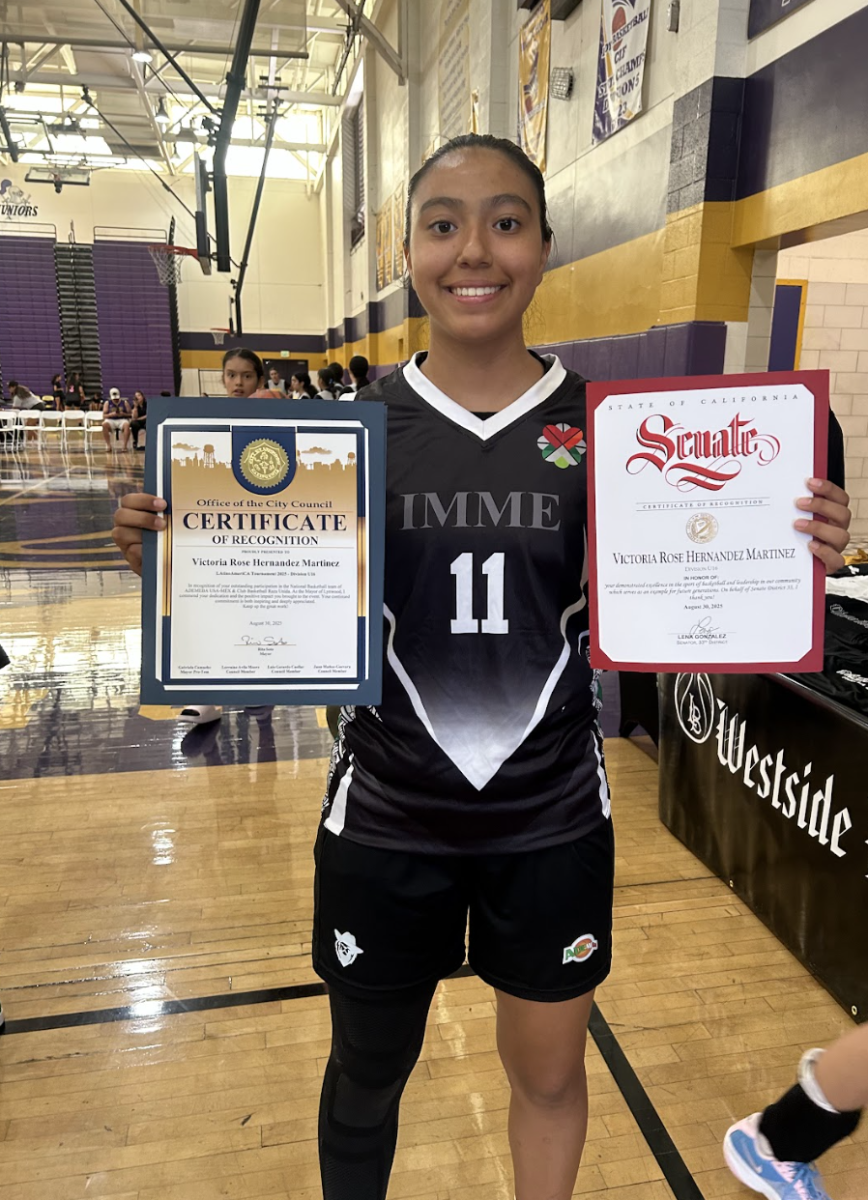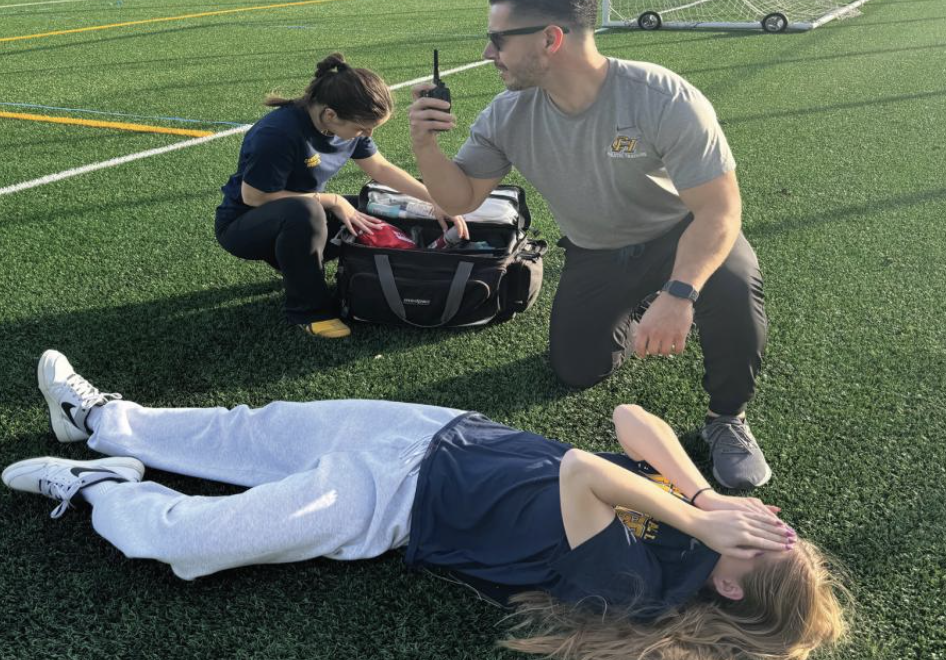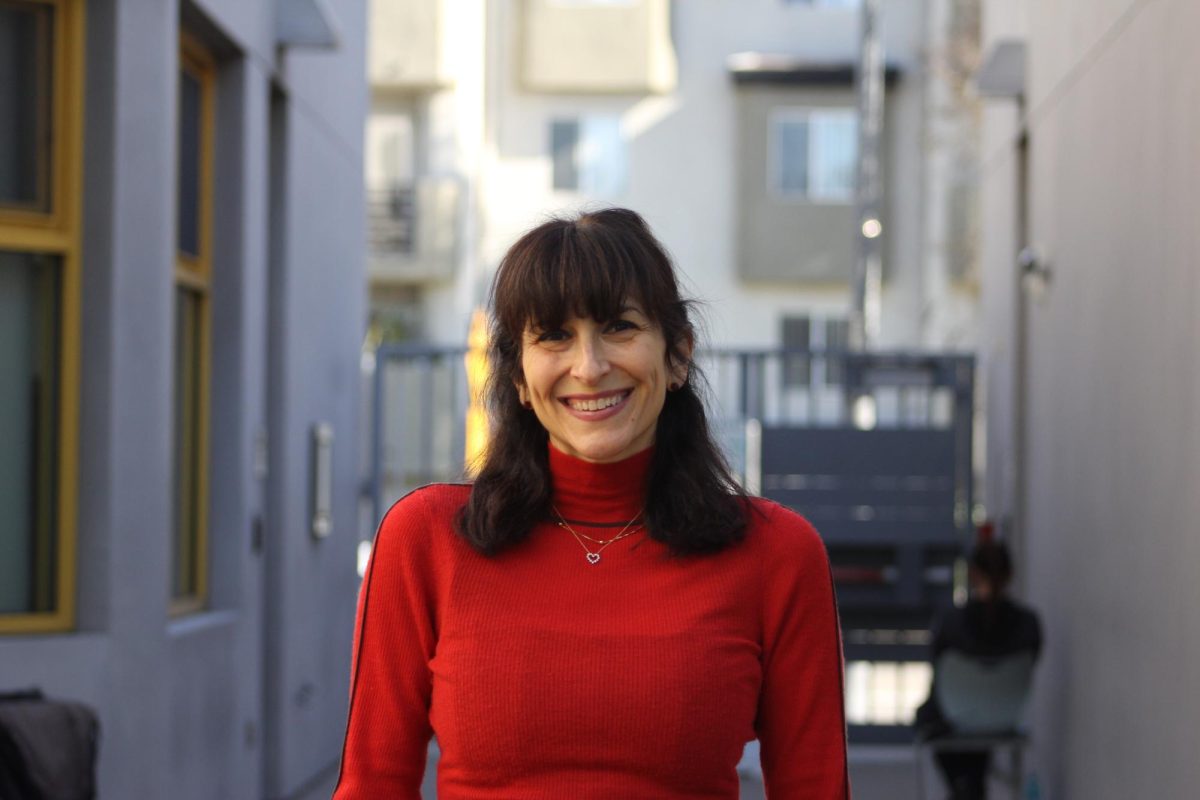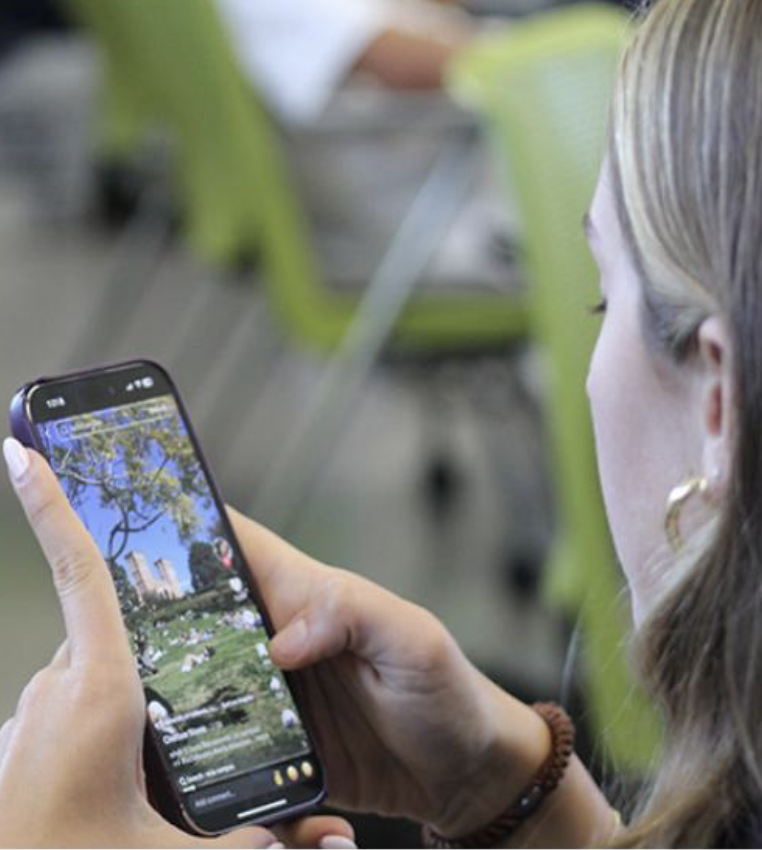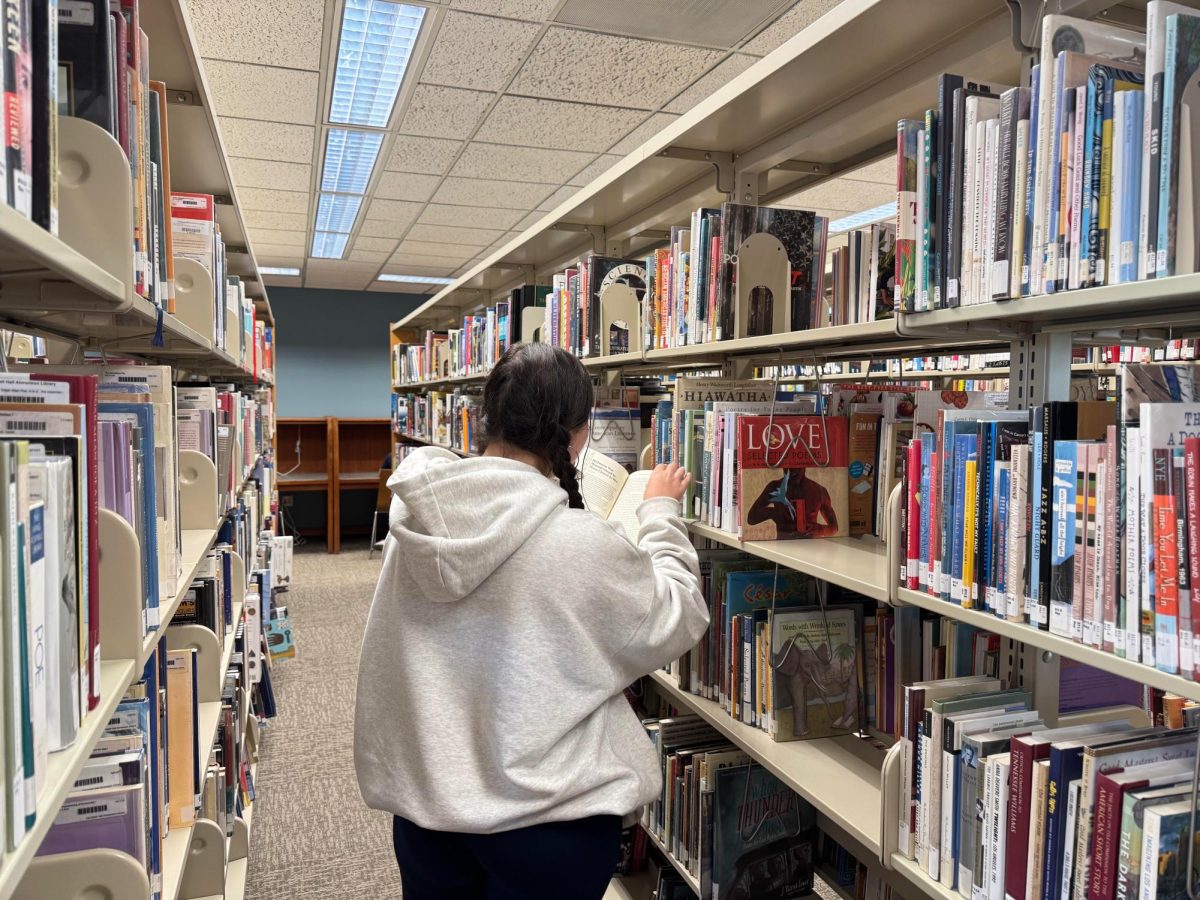Anna Yung ‘25 finishes a long day of school, feeling burnt out from the amount of work she has and other stressors in her life. She remembers the yoga class she booked at 6:30 p.m. that night, and is suddenly filled with hope for a chance to relax and decompress.
“I make sure to make time for myself to do things on my own, because the most important part of that time is that I’m doing it by myself,” Anna said. “I started yoga as a way to get my body moving. The first class was extremely hard. I wasn’t the best, but I loved the feeling I had after it. I literally sweat out every negative feeling in my body.”
According to the University of Massachusetts Global, data collected by Facebook in Aug. 2023 has shown that people have begun to embrace a self-care movement with things as simple as milk baths, chill music and sea salts. While the self-care movement continues to gain traction, Dr. Steven Wachs emphasizes the importance of understanding why self-care is important and boundaries to avoid misinterpreting its role in mental health.
Starting off every day with a morning run, Wachs, high school psychology teacher, believes that his own self-care is extremely important. He views it as a preventative action to stressors and an investment in his future health, as he believes self-care is all the things that contribute to one’s wellness and wellbeing. Similar to Yung, Wachs finds that fitness is a good form of self-care, giving him clarity of mind and helping him deal with any type of stress he is having. While he thinks that self-care is a necessity, especially in students, he has witnessed students using their mental health as a reason not to take on some challenges, which leads people to confuse mental health and comfort. Wachs believes that the definition of self-care has been misinterpreted recently and has lost its true purpose because of its misinterpretation.
“I think [an important form of] self-care is to limit how many things you say yes to,” Wachs said. “But at the same time, I’ve seen students say no to things because they don’t want to, and they cite their mental health. There’s a difference between wanting to do something and [coming to the conclusion that you have] spread yourself too thin, and not wanting to do it.”
As a student, Delilah Fishburne ’25 makes self-care a daily priority, incorporating practices like mindfulness into her routines. Fishburne believes that self-care is when she does something that calms her down, whether it be a hobby, reading a book or taking a bath. As someone who is involved in the theatre program at school, Delilah’s busy schedule increases her need to prioritize herself. For Delilah, self-care can be smaller actions like taking her daily vitamins; activities that she incorporates into her daily routine, despite her busy schedule.
“Self-care for me has a lot to do with my parents,” Delilah said. “They’ve always been very adamant about having a ritual in the morning and before you go to bed, so my mom [and I], we take our vitamins together every morning, or we’ll do face masks each Sunday. Then there’s also hobbies and stuff that we do, like stretching in the morning, or going to Pilates every weekend.”
Like Delilah, Scott Comely, high school mathematics teacher, takes time each morning to practice self-care. By beginning his day with intentional deep breaths and an at home workout, Comely notices that he feels more prepared to begin his day. For Comely, it is important to carve out a time in the day to practice self-care, and tries to assist his students in their practices of self-care.
“Right before tests, I try to have everyone take a few deep breaths,” Comely said. “It doesn’t always work because everyone’s in their own headspace, but taking moments to breathe and relax is super useful. For students and adults alike it’s so easy to pick up your phone and get sucked into it. But [any form of self-care like] journaling or reading a book is so much more personal and beneficial.”






